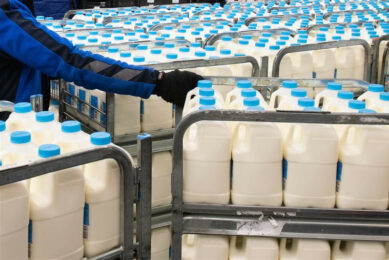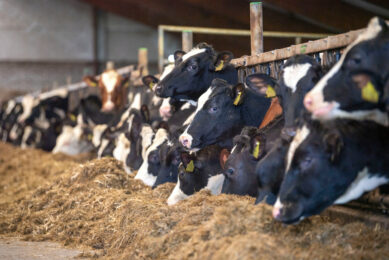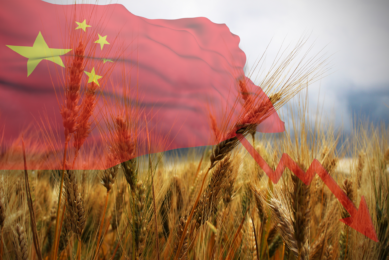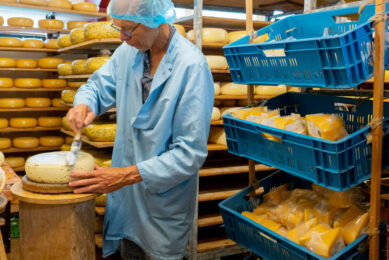Russia boosting powdered milk exports to China
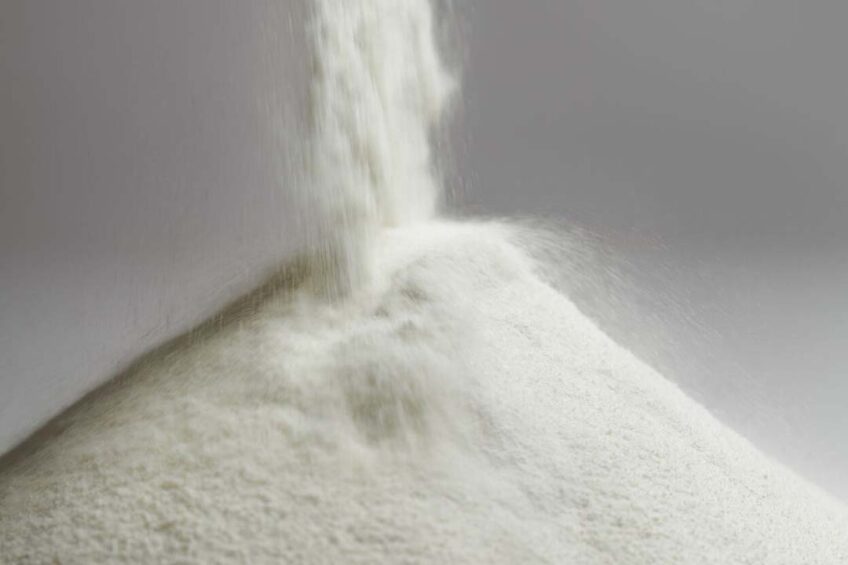
Powdered milk exports to China should play a vital role in a US$8 billion growth in Russian agricultural export in the next few years, Agroexport, a Russian government agency, stated.
China imports dairy products worth US$8.9 billion per year, with powdered milk accounting for nearly half of that volume, Dmitry Krasnov, director of Agroexport said during a recent press conference.
Russian dairy companies have substantial opportunities in exporting dairy products to central and southern China – the most populated parts of China – which lack their own dairy production capacities, Krasnov asserted. Roughly 57% of Chinese dairy imports come from New Zealand, according to Krasnov.
The Russian dairy industry has seen the exponential growth of Belarussian dairy exports to China, which increased from just US$7.3 million in 2017 to US$138.8 million in 2022, according to Krasnov.
Primary growth driver
In the next few years, Russian agricultural exports are expected to jump by US$8 billion, Krasnov stated. The growth will be primarily secured by powdered milk, pork and lamb exports.
At the end of 2023, China lifted a 15-year ban on Russian pork imports. As estimated by the Russian authorities, opening a new market should nearly double pork exports in the next few years, pushing it to 0.5 million tonnes per year.
Milk powder is one of the most competitive Russian export commodities, Krasnov said, adding that Russian dairy factories face brighter prospects with dairy powder exports than with conventional products like cheese and butter.
Milk prices
In 2022, global powdered milk prices dipped owing to record raw milk production and weak demand from key importers. However, the trend reversed last year, thanks to Western Europe, where warehouse stocks diminished while consumption showed signs of robust recovery.
In 2024, the Russian government expects the price to be under pressure, though with no major shifts, according to Krasnov. Growth in Chinese powdered milk production and falling imports in other Southeast Asian countries will be the main factors affecting the market, Krasnov added.
“The most important thing is creating space to promote our products in foreign markets. If we don’t start investing money in promotion, buying out shelves, creating niches to advertise our products, we won’t set the wheels in motion,” Krasnov said.
According to Agroexport, the Russian dairy industry has the potential to boost powdered milk exports from 20,000 tonnes last year to around 40,000 tonnes in 2024.
Join 13,000+ subscribers
Subscribe to our newsletter to stay updated about all the need-to-know content in the dairy sector, two times a week.



